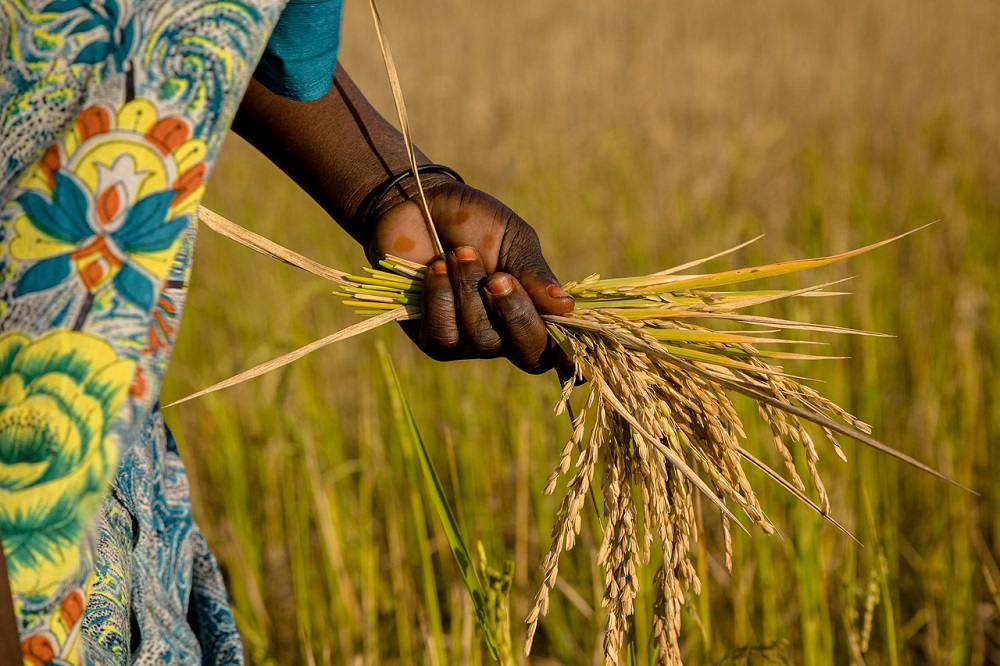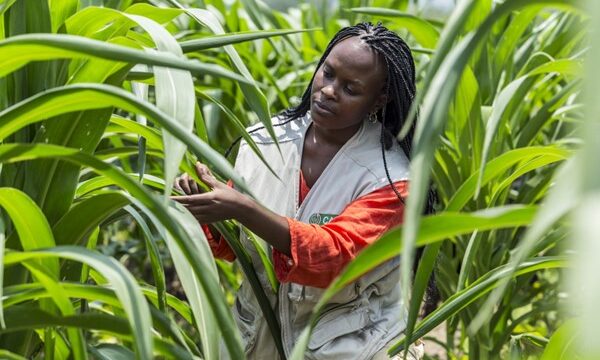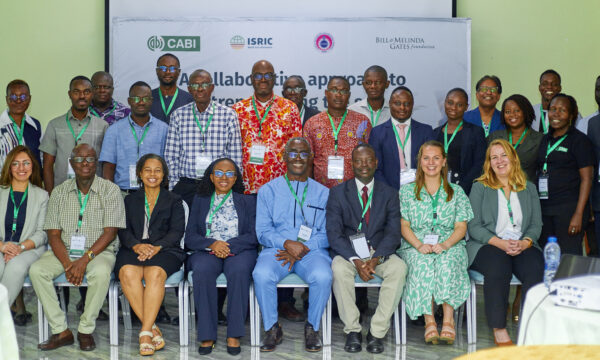
A high-level discussion, which explored how the COVID-19 pandemic has affected food security for millions of people around the world, has revealed how hikes in oil prices, conflicts, emerging diseases, poor governance, and disruption in supply chains have come together to create a potentially ‘devastating scenario’ for the global food system.
An online panel hosted by SciDev.Net and CABI – attended by experts including senior representatives from the African Union, China Agricultural University, Ministry of National Food Security and Research, Pakistan, Ministry of Agriculture and Livestock (MAL), Zambia, and CABI – suggests a ‘perfect storm’ is brewing for food collapse around the world.
Fan Shenggen, chair, professor and dean of the academy of global food economics and policy at China Agricultural University, told the discussion that the multitude of economic, health, political and infrastructure stresses and strains have put a tremendous strain on the world’s ability to feed itself.
SciDev.Net, who reported the highlights of the panel discussion held recently in the story ‘‘Perfect storm’ created for food collapse, panel hears,’ and state that, according to the World Food Programme in the countries where it operates, that some 272 million people are already – or are at risk of becoming – acutely food insecure due to the effects of the COVID-19 crisis.
The webinar took place as part of CABI’s mission to help countries, particularly CABI’s Member Countries, to develop quick recovery plans from the pandemic and to ensure a better response to future events which may affect food security.
Dr Daniel Elger, CABI CEO, said, “While the COVID-19 pandemic is an undoubted health crisis, what has been less discussed is the devastation it has caused to food systems, endangering food security in many countries, particularly in the Global South. There are now clear lessons from the pandemic, especially on weaknesses in food supply chains and social protection.
“CABI saw this event as an important opportunity to explore insights, opinions and lessons learned on how to sustain food security amidst a global shock, to ask which policies and interventions have the greatest impact, and to explore how best to strengthen our resilience to, and preparedness for, future shocks.”
You can read SciDev.Net’s full report on the high-level discussion here.
Additional information
Photo: courtesy of Pixabay
Related News & Blogs
Strengthening the potato value chain in the Kurdistan Region of Iraq
On 30th May, we marked the International Day of Potato. In this blog, CABI’s Crop Health Advisor Anna Wood provides an update on a five-year project led by CABI to strengthen the potato value chain in the Kurdistan Region of Iraq. An ambitious five-yea…
3 June 2025




